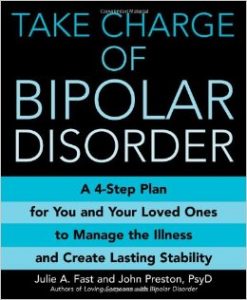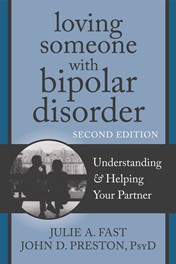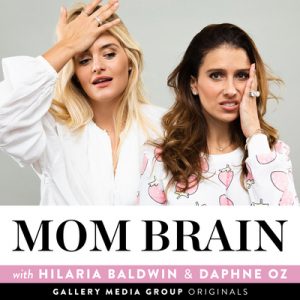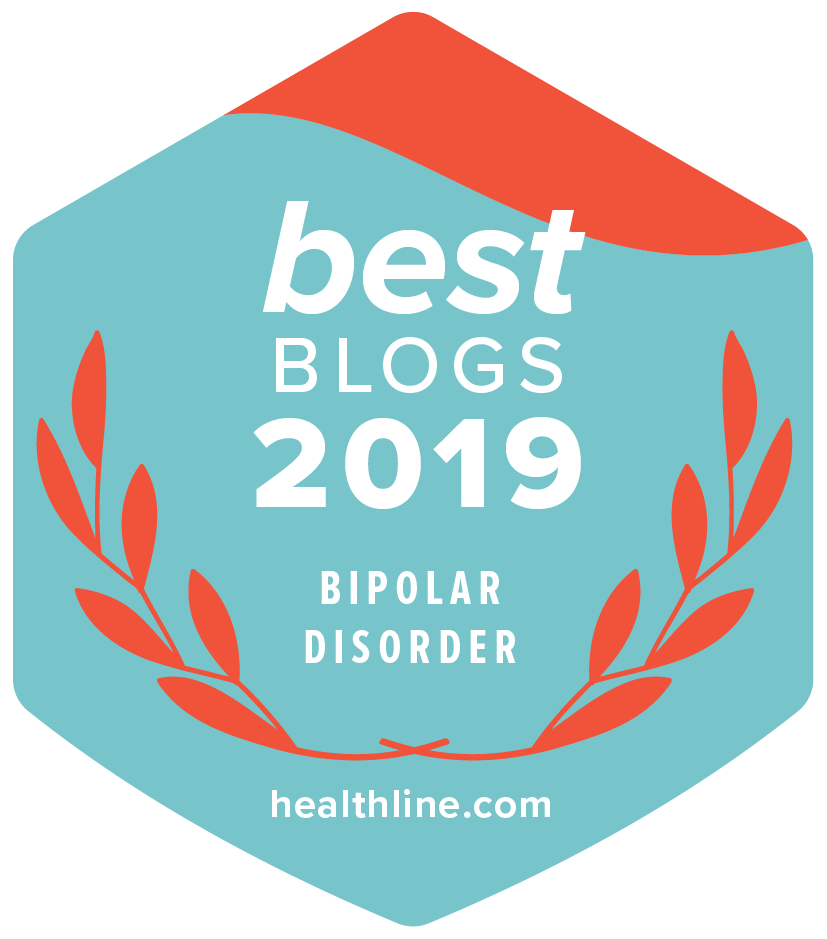
🧡💛❤️ What is it like to love someone with bipolar disorder?
Can you have a stable, strong and loving relationship with someone who has bipolar?
It often depends on three factors:
1️⃣ Is there a diagnosis, treatment and a management plan? This naturally means there is insight into the illness.
2️⃣ Is there substance use or other behaviors that lead to more symptoms?
3️⃣ Are you someone who can manage your own stability and set boundaries and state your needs to a person with a mental health disorder?
I want to share a positive story. I’ve had bipolar disorder since age 16. I have naturally occurring bipolar disorder. It started with psychosis, then hypomania at 18 and 18 and finally suicidal depression at 19 after my first relationship ended.
I was diagnosed at 31. My official diagnosis is schizoaffective disorder as I have bipolar disorder and a separate psychotic disorder.
Men are an important part of my life and always have been. I love men. Love them! And yet, I have never had a relationship where bipolar disorder was not a factor. I entered the world of romantic/sexual relationships at age 18. My bipolar was in full bloom by then!
Here’s the positive news. I’ve had wonderful long term relationships. I can honestly say that any big issues we had were due to me and not them. Once I taught myself to better manage my bipolar disorder in my mid 30s, I can say that I have never experienced romantic rejection due to my bipolar. The men tried to help me. It wasn’t a negative experience in terms of relationships. My un-managed bipolar was the problem. Once I focused on management, I was able to have loving relationships that were filled with regular problems! Not problems associated with bipolar alone.
Is it possible to love someone with bipolar and have a good relationship? Absolutely. If the three questions I listed above are addressed.
💔 If there is no insight, treatment or management of an illness that causes changes in a person’s mood, any relationship would suffer. This is not unique to bipolar.
💔 If a person is using a substance that increases mood swings such as an ADD med, an anti depressant or THC from marijuana, you will struggle in the relationship. It’s not different than someone with lung problems who keeps smoking or a person with diabetes one who can’t stop eating sugar. (No judgement here, believe me, but this is a reality!)
💔 If you try to hope the illness away, love the illness away or remove your needs to focus exclusively on the needs of the person with bipolar, you will suffer. Once again, this is the same with any illness, addiction or personal problem that is not being addressed.
❤️💓 ❤️ HOPE
My work is exclusively dedicated to creating stable relationships. All people with bipolar disorder can have good relationships when the three questions are addressed. This is a life time of work- as is any work we do to have a good life.

If you’re a partner of someone with bipolar, I suggest starting with my book Take Charge of Bipolar Disorder and then moving to Loving Someone with Bipolar Disorder. Once there is a good understanding of how bipolar affects lives and how it can be treated and managed, The Health Cards then offer a life long plan for management.

LovingSomeonewithBipolarDisorder2ndEdMECH.indd
I also invite you to join me on The Stable Bed, a private FB group for partners.
Focusing on the three questions will give you a path to a stable relationship. Start with understanding the illness and how it affects the brain. Get clear on what increases bipolar mood swings (I have many posts on this topic and it’s included in all of my books), and finally, focus on what you need.
I believe this is the foundation for any good relationship. It’s no different when a person has bipolar disorder.
Loving someone with bipolar is simply loving another human being who has a brain that needs a management plan. Strong relationships are not a given even if a person is stable! If you love someone with bipolar, create a plan and follow it for life. This creates strong, stable and loving relationships.
Julie
💚💙💜












